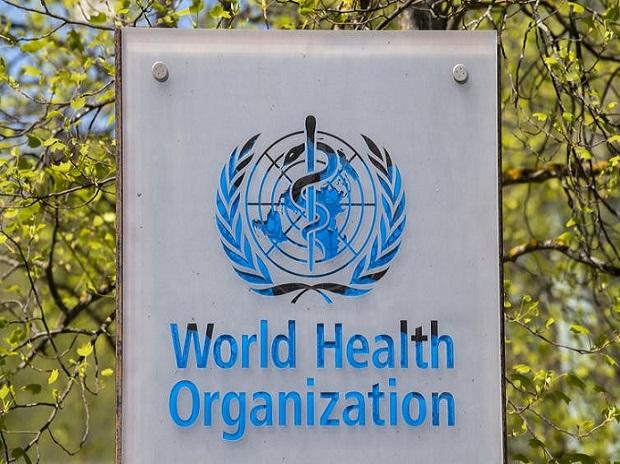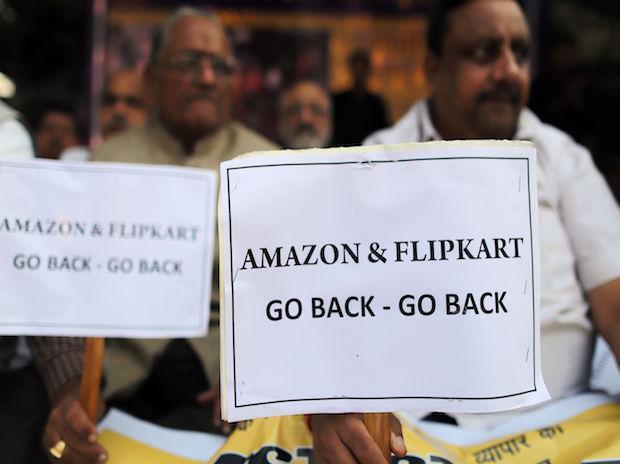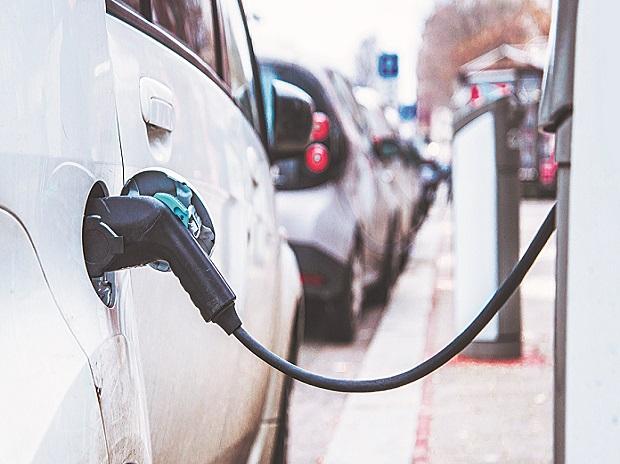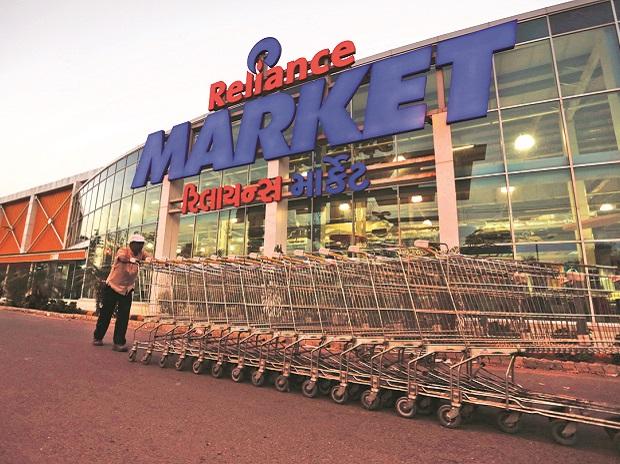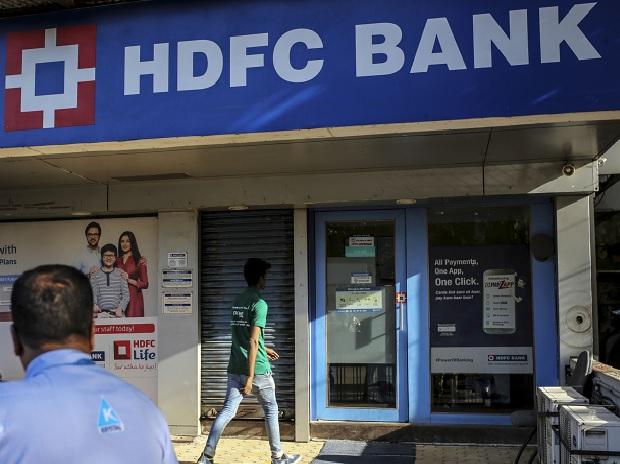Vaccination likely slows the spread of all the variants
and reduce the odds that new, even more dangerous variants emerge.
The super-contagious Delta variant of the coronavirus is
now responsible for about one in every five Covid-19 cases in the United
States, and its prevalence has doubled in the last two weeks, health officials
said on Tuesday.
First identified in India, Delta
is one of several “variants of concern,” as designated by the Centers for
Disease Control and Prevention and the World Health Organization. It has spread
rapidly through India and Britain.
Its appearance in the United States is not surprising.
And with vaccinations ticking up and Covid-19 case numbers falling, it’s
unclear how much of a problem Delta will cause here. Still, its swift rise has
prompted concerns that it might jeopardize the nation’s progress in beating
back the pandemic.
“The Delta variant is currently the greatest threat in
the U.S. to our attempt to eliminate Covid-19,”
Dr. Anthony S. Fauci, the nation’s leading infectious disease expert, said at
the briefing. The good news, he said, is that the vaccines authorized in the
United States work against the variant. “We have the tools,” he said. “So let’s
use them, and crush the outbreak.”
Here are answers to some common questions about the Delta
variant.
Why are people worried about the Delta variant?
Delta, formerly known as B.1.617.2, is believed to be the
most transmissible variant yet, spreading more easily than both the original
strain of the virus and the Alpha variant first identified in Britain. Public
health officials there have said that Delta could be 50 percent more contagious
than Alpha, though precise estimates of its infectiousness vary.
Other evidence suggests that the variant may be able to
partially evade the antibodies made by the body after a coronavirus infection
or vaccination. And the variant may also render certain monoclonal antibody
treatments less effective, the C.D.C. notes.
Delta may also cause more severe illness. A recent
Scottish study, for instance, found that people infected by the Delta variant
were roughly twice as likely to be hospitalized than were those infected with
Alpha. But uncertainties remain, scientists said.
“The severe disease piece I think is the one question
that really hasn’t been answered yet,” said Dr. Michael Osterholm, director of
the Center for Infectious Disease Research and Policy at the University of
Minnesota.



